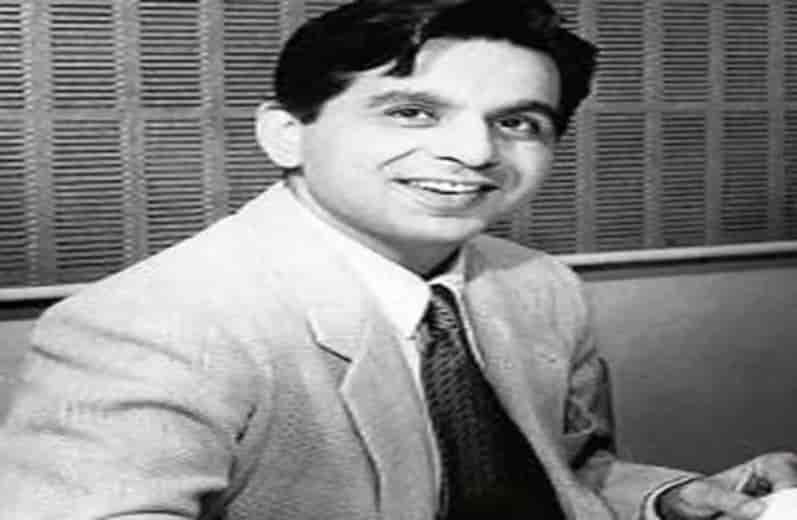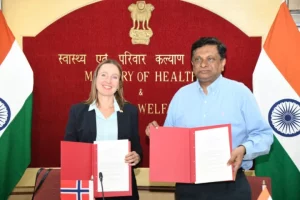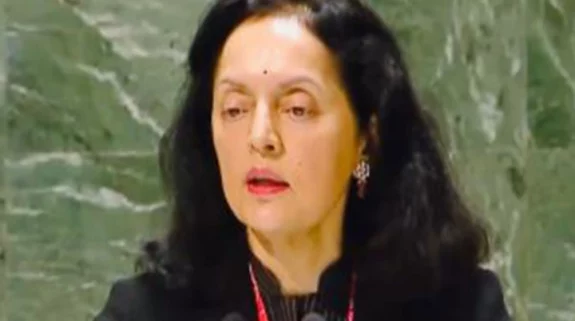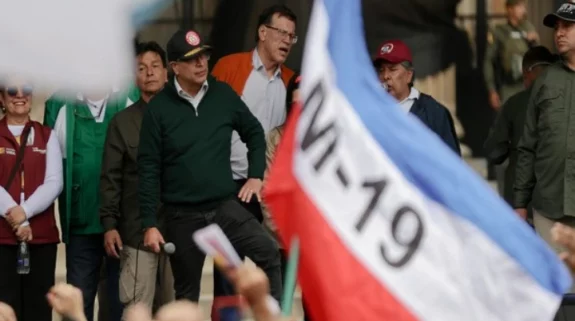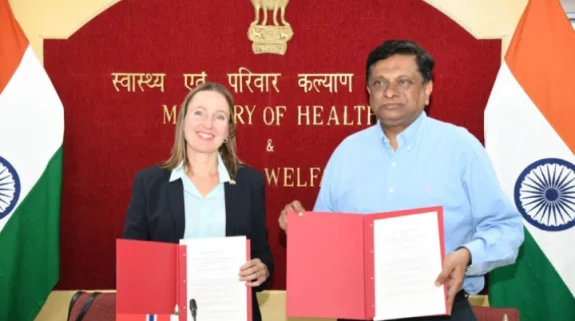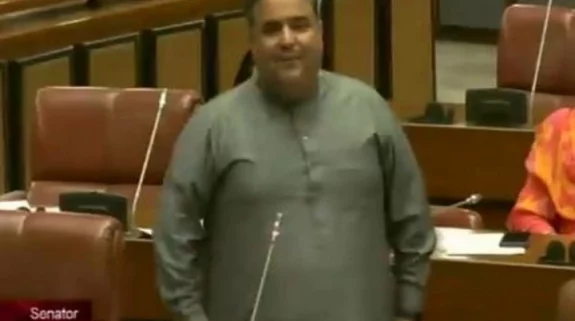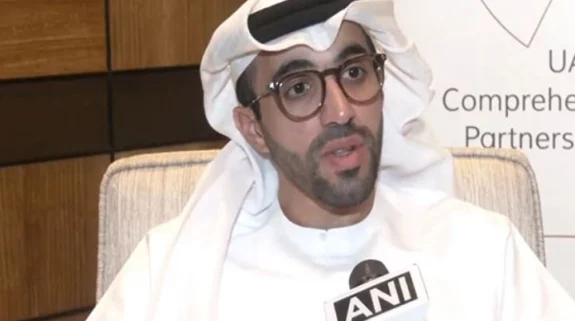Today the Indian film industry lost one of its doyens as Dilip Kumar took his last bow and left a void, but also a treasure trove of memories and movies! He passed away today at 7.30 a.m. leaving behind his wife, a popular actress of her time, Saira Banu and millions of sad admirers.
The actor, who was 98, passed away in Mumbai’s Hinduja hospital where he was admitted when he complained of breathlessness. A senior doctor at the hospital informed the media that his blood pressure and haemoglobin were falling and that he was given blood transfusion.
The tragic news of his demise was confirmed on his official Twitter account which stated: “With a heavy heart and profound grief, I announce the passing away of our beloved Dilip Saab, a few minutes ago. We are from God and to Him we return.”
With a heavy heart and profound grief, I announce the passing away of our beloved Dilip Saab, few minutes ago.
We are from God and to Him we return. – Faisal Farooqui
— Dilip Kumar (@TheDilipKumar) July 7, 2021
Describing him as a cinematic legend, Prime Minister Narendra Modi condoled Dilip Kumar’s death. PM tweeted: “Dilip Kumar Ji will be remembered as a cinematic legend. He was blessed with unparalleled brilliance, due to which audiences across generations were enthralled. His passing away is a loss to our cultural world. Condolences to his family, friends and innumerable admirers. RIP.”
Dilip Kumar Ji will be remembered as a cinematic legend. He was blessed with unparalleled brilliance, due to which audiences across generations were enthralled. His passing away is a loss to our cultural world. Condolences to his family, friends and innumerable admirers. RIP.
— Narendra Modi (@narendramodi) July 7, 2021
Born Yusuf Mohammad Khan on December 11, 1922, in Qissa Khawani Bazaar of Peshwar, he was one of the 12 children of Ayesha Begum and Lala Ghulam Sarwar Khan. His father was a landlord, fruit merchant and owner of orchards in Peshawar and Deolali near Nashik. The house he was born in has been purchased by the Pakistan’s local government in Khyber Pakhtunkhwa and converted into a museum as was Raj Kapoor’s haveli.
Incidentally, Raj Kapoor was his childhood friend in the neighbourhood. Along with Raj Kapoor and Dev Anand, he formed the triumvirate of Bollywood.
Dilip Kumar was an actor whom many generations after him followed like a textbook and inspiration for facing the lights and camera. With a career spanning over five long decades, he gave both the critics and cinema buffs enough films to enjoy and ponder over. His ace of spades was playing the character in an understated manner allowing subtlety to speak rather than loud actions and dialogues.
Take for instance his scene in Shakti when he acted with Big B, Amitabh Bachchan. When Dilip Kumar playing Bachchan’s cop father confronts and objects to the latter for his association with criminals, observe the way he throws his spectacles in sheer disgust.
So natural was the gesture yet it conveyed several shades of normal emotions – the grief, the frustration, the sadness, the loathing, of a father foreseeing his wayward son hurling down the one-way street of no return.
Likewise in Ram and Shyam, he displayed how capable he was of delivering two contrarian characters with ease and conviction – one virtually mumbling for answers and the other replying within seconds! In the same film, sliding down the bannister he makes a classic announcement of his arrival to Pran.
Bestowed with the tag Tragedy King for his portrayal of` lovelorn character on the screen that made the audience not just empathise with him but also made many — largely women — drop a tear or two or cry inconsolably! Devdas, Babul, Daag, Mughal-e-Azam, Deedar, the list goes on till he decided that he had enough of glycerine. Yet, the method acting never left him, as he gave us Aan, Ram and Shyam, Azaad, Kohinoor, all making him the idol of the generation of that time. His Ganga Jamuna remains a milestone when it comes to the genre of films based on dacoits.
Among the list of other well-known and popular films of the thespian actor are Naya Daur, Madhumati, Kranti, Vidhaata, Shakti and Mashaal, to name just a few.
Dilip Kumar’s mastery in Urdu initially saw him helping out in story-writing and scripting of films till the superstar actress of her times, Devika Rani decided to give him a break. His debut film was Jwar Bhata in 1944 followed by some others. Paired with Noor Jehan in Jugnu in 1947, gave him the first major hit. Next year, 1948, he delivered his other hits, Shaheed and Mela.
It was in 1949, in Mehboob Khan’s superhit Andaz, that he locked horns with his childhood friend and now actor Raj Kapoor, to show his mettle as an artist and superstar. Nargis was the part of the love triangle in the film.
When the Filmfare awards came into being in 1954, he was the first one to win the Best Actor Award for Daag. He later picked up this award seven more times, a feat which was matched by Shah Rukh Khan much later.
The Government of India bestowed on him the Dadasaheb Phalke Award in 1994 and Padma Vibhushan in 2015.
His last appearance under the lights was in Qila in 1998 though he has left a large repertoire of work that generations to come will love and learn from!






